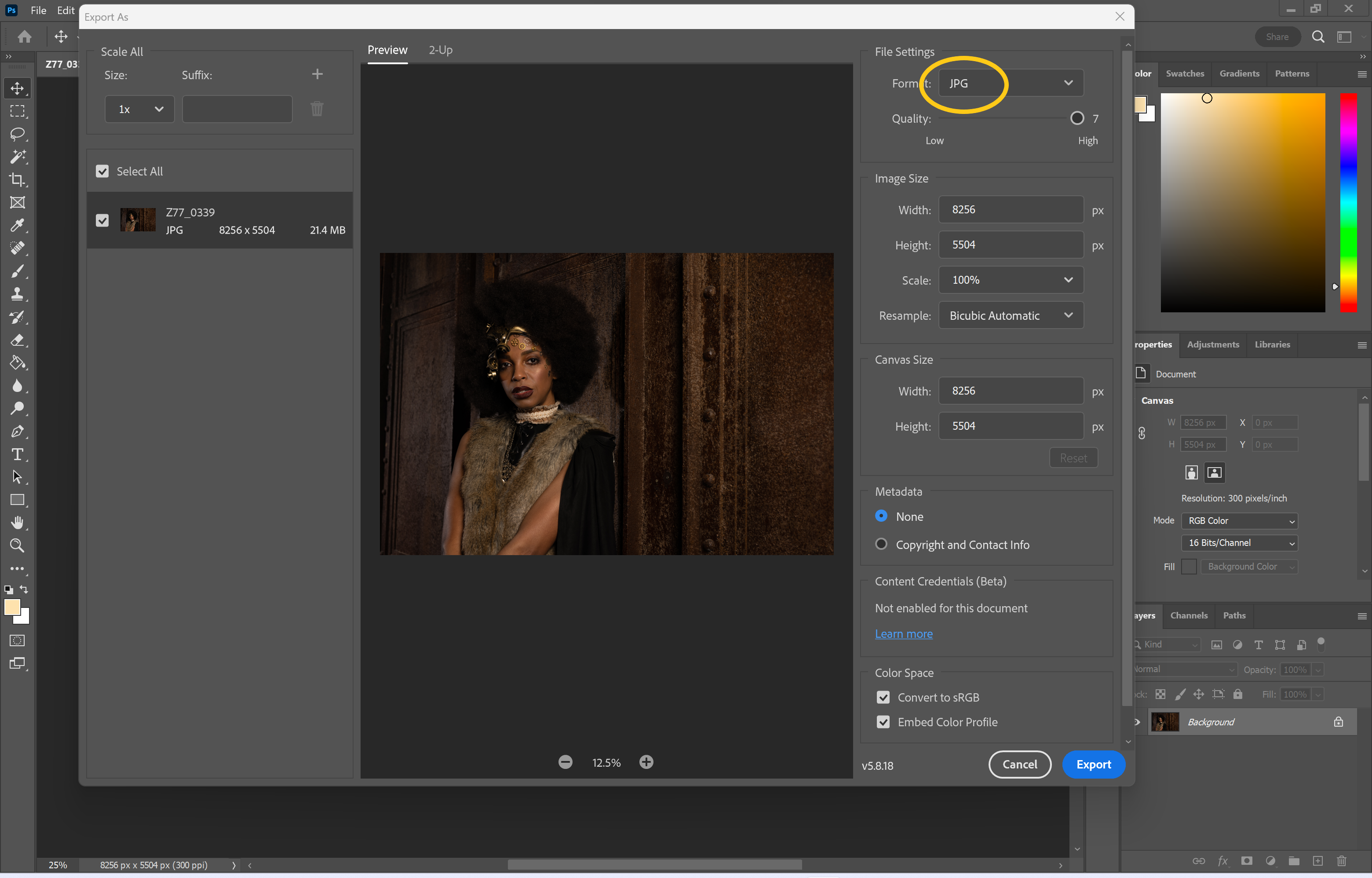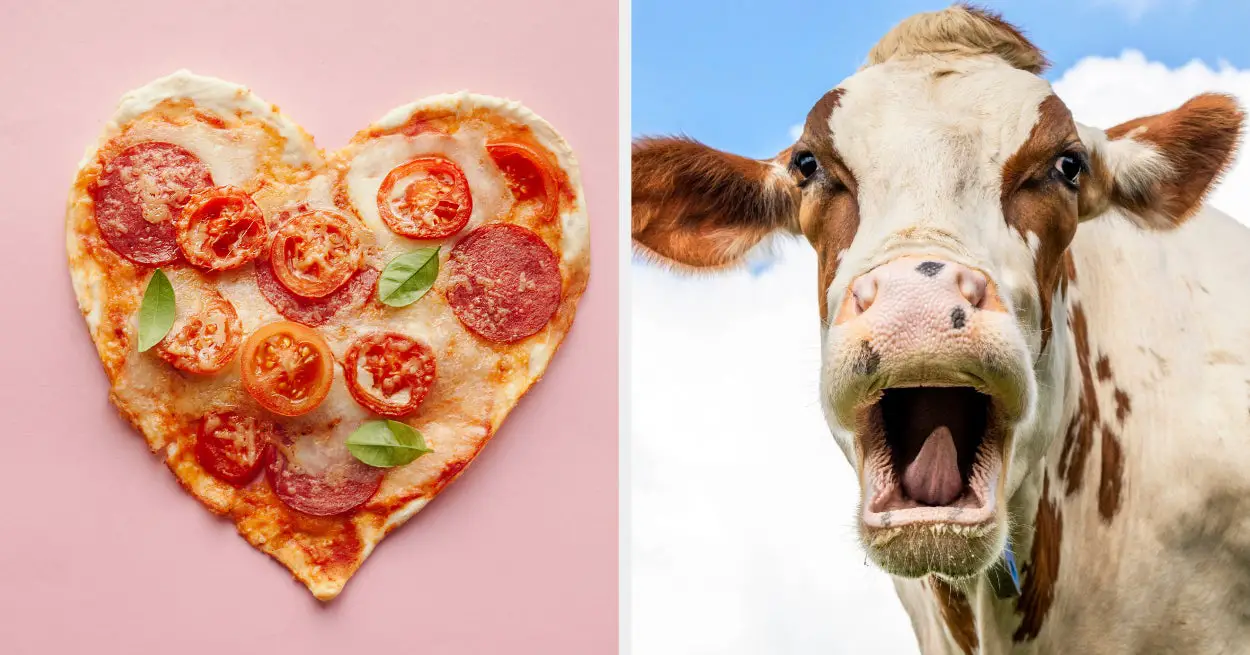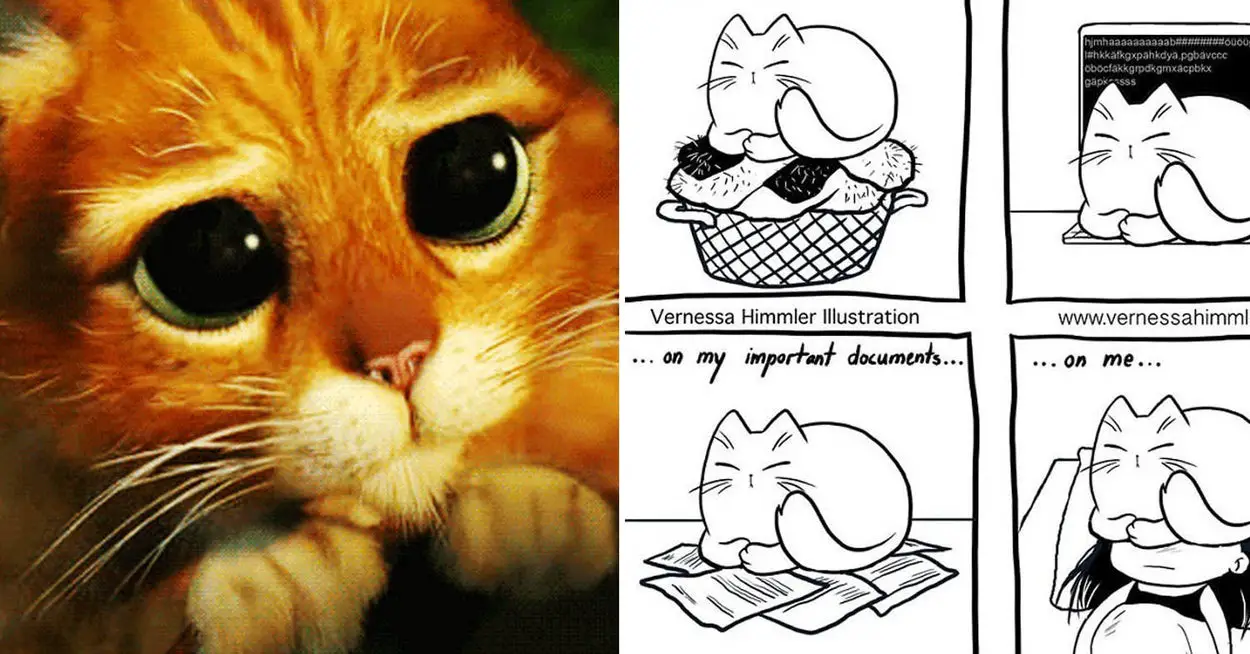Join top executives in San Francisco on July 11-12, to hear how leaders are integrating and optimizing AI investments for success. Learn More
Anyone who watched OpenAI CEO Sam Altman’s testimony before a Senate panel on Tuesday suddenly learned about the Washington, DC-based nonprofit Sound Exchange, a music technology organization founded 20 years ago to collect royalties from digital music platforms and distribute them to music creators.
Senator Marsha Blackburn (R-TN) repeatedly grilled Altman over how songwriters and musical artists should be compensated when their works are used by AI companies. She told Altman that the Nashville music community “should be able to decide if their copyrighted songs and images are going to be used to train these models,” and asked him if he favored something like SoundExchange for the collection and distribution of money to compensate artists.
While Altman said he had “never heard” of SoundExchange, he agreed that “content creators need to benefit from this technology.”
Michael Huppe, president and CEO of SoundExchange, and an adjunct professor in music law at Georgetown University, told VentureBeat he was “gratified” by Blackburn’s comments, given the fast-moving landscape where a song created by AI to sound like Drake and The Weeknd can go viral; Grimes can launch a platform where anyone can use their voice to create AI-generated songs; and Timbaland can use AI to release a song with the long-deceased Notorious B.I.G.
Event
Transform 2023
Join us in San Francisco on July 11-12, where top executives will share how they have integrated and optimized AI investments for success and avoided common pitfalls.
“I want to applaud Senator Blackburn for having the foresight to recognize we’ve got to figure out a way to allow the creative class to properly participate in this regime,” Huppe told VentureBeat. “AI is not going away. So I was pleased to see Senator Blackburn focusing on the creative class — the need to compensate them, the need to protect their work.”
Not just about artists — even the NFL is concerned
How AI development affects creative workers is not just about the music industry, Huppe emphasized. He pointed to the March launch of the Human Artistry Campaign, a set of principles that outline the responsible use of AI to “support human creativity and accomplishment with respect to the inimitable value of human artistry and expression.” The campaign, he said, has been joined by over 100 organizations representing songwriters, musicians, authors, literary agents, publishers, voice actors and photographers — as well as non-artistic entities like sports organizations, including the Major League Baseball Players Association and the NFL Players Association.
Why sports? “Many players profit off their name, image and likeness,” said Huppe. “So this isn’t just about copyright when we talk about what happens [with AI]. It’s also how generative AI — whether text, images, audio or video — can capitalize on those who have built up their brand and persona. You have someone else trying to capitalize on that without permission.”
Creative class “getting louder” about AI
The bottom line, Huppe said, is that how AI uses creators’ work should be their choice. “It’s about fairness and control, so that the creative class can’t just have these things taken away from them.”
Huppe pointed out that there is already a nascent marketplace developing of people licensing their works for AI, such as how OpenAI licensed images from Shutterstock to train its models. “You can imagine a world where that starts to be the norm,” he said, “where there’s an organized licensing structure and ethical AI companies can know what’s allowed to be scraped and what’s off-limits … and where they share part of their profits with the creative community.”
With other industries pushing back on generative AI — including lawsuits filed by visual artists, striking Hollywood writers and unionizing journalists — and celebrities like Justine Bateman and Sting speaking out, Huppe said the creative class “is getting louder as we speak.”
Music, he said, has often been like “the marines on the beach” when it comes to dealing with new technologies that ultimately affect all industries: “There’s almost no industry that doesn’t have the risk of being really impacted by generative AI. It’s on everybody’s mind.”
VentureBeat’s mission is to be a digital town square for technical decision-makers to gain knowledge about transformative enterprise technology and transact. Discover our Briefings.
Source link










Leave a Reply